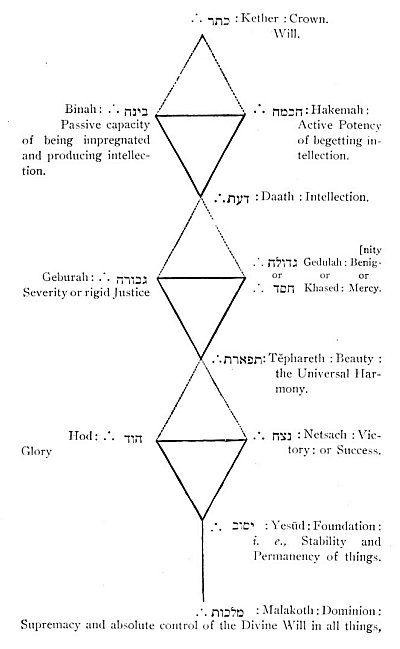p. 349
All men desire distinction, and feel the need of some ennobling object in life. Those persons are usually most happy and satisfied in their pursuits, who have the loftiest ends in view. Artists, mechanicians, and inventors, all who seek to find principles or develop beauty in their work, seem most to enjoy it. The farmer who labors for the beautifying and scientific cultivation of his estate, is more happy in his labors than one who tills his own land for a mere subsistence. This is one of the signal testimonies which all human employments give to the high demands of our nature. To gather wealth never gives such satisfaction as to bring the humblest piece of machinery to perfection: at least, when wealth is sought for display and ostentation, or mere luxury, and ease, and pleasure; and not for ends of philanthropy, the relief of kindred, or the payment of just debts, or as a means to attain some other great and noble object.
With the pursuits of multitudes is connected a painful conviction that they neither supply a sufficient object, nor confer any satisfactory honor. Why work, if the world is soon not to know that such a being ever existed; and when one can perpetuate his name neither on canvas nor on marble, nor in books, nor by lofty eloquence, nor statesmanship?
The answer is, that every man has a work to do in himself, greater and sublimer than any work of genius; and works upon a nobler material than wood or marble–upon his own soul and intellect, and may so attain the highest nobleness and grandeur known on earth or in Heaven; may so be the greatest of artists, and of authors, and his life, which is far more than speech, may be eloquent.
The great author or artist only portrays what every man should be. He conceives, what we should do. He conceives, and represents moral beauty, magnanimity, fortitude, love, devotion, forgiveness, the soul’s greatness. He portrays virtues, commended to our admiration and imitation. To embody these portraitures in our lives is the practical realization of those great ideals of art. The magnanimity of Heroes, celebrated on the historic or poetic page; the constancy and faith of Truth’s martyrs; the beauty of love and piety glowing on the canvas; the delineations of Truth and Right, that flash from the lips of the Eloquent, are, in their essence only that which every man may feel and practise in the daily walks of life. The work of virtue is nobler than any work of genius; for it is a nobler thing to be a hero than to describe one,
p. 350
to endure martyrdom than to paint it, to do right than to plead for it. Action is greater than writing. A good man is a nobler object of contemplation than a great author. There are but two things worth living for: to do what is worthy of being written; and to write what is worthy of being read; and the greater of these is the doing.
Every man has to do the noblest thing that any man can do or describe. There is a wide field for the courage, cheerfulness, energy, and dignity of human existence. Let therefore no Mason deem his life doomed to mediocrity or meanness, to vanity or unprofitable toil, or to any ends less than immortal. No one can truly say that the grand prizes of life are for others, and he can do nothing. No matter how magnificent and noble an act the author can describe or the artist paint, it will be still nobler for you to go and do that which one describes, or be the model which the other draws.
The loftiest action that ever was described is not more magnanimous than that which we may find occasion to do, in the daily walks of life; in temptation, in distress, in bereavement, in the solemn approach to death. In the great Providence of God, in the great ordinances of our being, there is opened to every man a sphere for the noblest action. It is not even in extraordinary situations, where all eyes are upon us, where all our energy is aroused, and all our vigilance is awake, that the highest efforts of virtue are usually demanded of us; but rather in silence and seclusion, amidst our occupations and our homes; in wearing sickness, that makes no complaint; in sorely-tried honesty, that asks no praise; in simple disinterestedness, hiding the hand that resigns its advantage to another.

Moe is the founder of GnosticWarrior.com. He is a father, husband, author, martial arts black belt, and an expert in Gnosticism, the occult, and esotericism.





